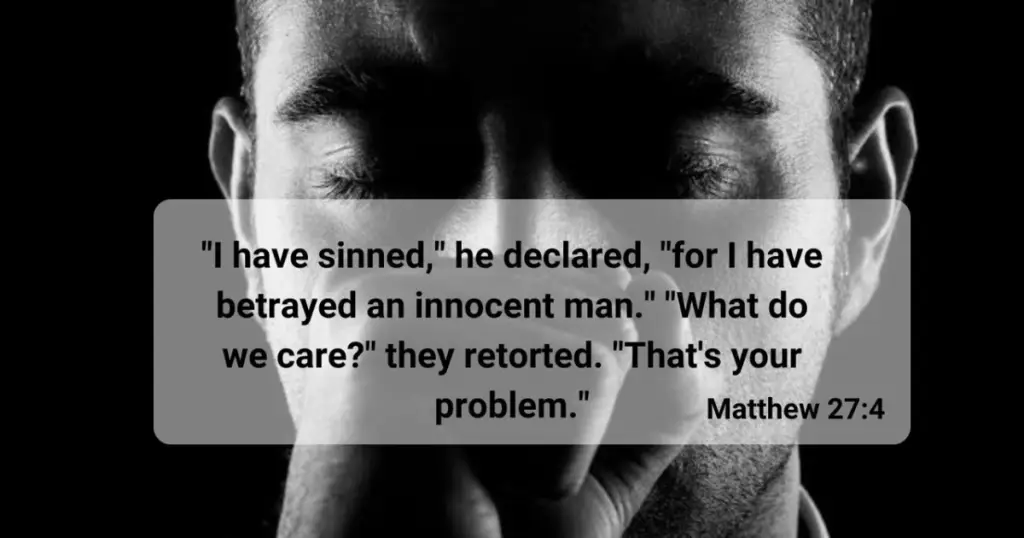In this series, we’ve been looking at parents in the Bible, how they raised their children, the choices they made, and how those decisions affected not just their immediate families but generations after them. Today, we turn our focus to Rebekah.
Rebekah was chosen. Her marriage life began with divine orchestration. She was not just anyone, she was the woman to whom God spoke directly while she was pregnant, saying: “Two nations are in your womb, and two peoples from within you will be separated; one people will be stronger than the other, and the older will serve the younger (Genesis 25:23).
That encounter must have had a great impact on how she viewed and raised her children.
Imagine carrying twin sons and hearing that one is “loved” and the other “hated” (Malachi 1:2-3, Romans 9:13). While this was a prophetic revelation, it seems Rebekah’s interpretation and emotional response to that word began to cloud her vision and skew her parenting.
She loved Jacob specially. She favored him openly. And she desperately wanted to see the prophetic word fulfilled.
But her desperation led to deception.
She coached her son to lie to his father.
She manipulated her household to secure a blessing.
She didn’t pause to ask God if the blessing required her intervention. And as a result, her home was torn in two.
Both Rebekah and Her Household paid a heavy price for her favouritism and manipulation:
- Jacob had to run for his life.
- Esau burned with hatred.
- Isaac was grieved.
- And Rebekah likely never saw Jacob again.
Was it worth it?: Lessons from Rebekah’s Story
The issue isn’t whether God’s word over Jacob was true, it was.
The issue is how Rebekah handled what she heard. Her actions taught Jacob that ends can justify means, and she gave Esau no room for redemption.
I can’t help but wonder:
What if she had taken her burden to God again?
What if she had said, “Lord, I know what You said. But I also see my son, Esau. I see his struggle. Show me how to parent both children in wisdom and mercy, have mercy on Esau.”
What if, like Jabez, she had chosen prayer over manipulation? (1 Chronicles 4:10)
What if like Salome, the mother of James and John, she tried asking for God’s favor? (Matthew 20:20–23)
Could Esau’s story have changed?
I don’t know. But I do know this:
1. Favoritism Breeds Destruction:
A divided home weakens the family. Isaac loved Esau. Rebekah loved Jacob. Safe to assume they parented apart.
Preferring one child over another breeds competition, contempt, and, in some cases, like Joseph’s or Jacob’s, even the threat of death. It is unfair and unwise to exalt one child above the other because of a favorable prophetic word.
Rebekah received a word from the Lord about her sons, but that word was meant to guide her in humility, not to justify favoritism or manipulation. Instead, her actions set the stage for generational conflict, deceit, and estrangement. When we love our children without boundaries, without wisdom, we may do more harm than good.
When parents discuss prophetic words or special callings in ways that make other children feel “less chosen,” they unknowingly recreate the tragedy of Joseph’s early years: a young boy loved loudly, dressed differently, spoken of as “special”… and brothers who were silently hurt by the shadow of that glory so much that they nearly got him killed.
2. Don’t Let Prophetic Insight Override Parental Wisdom:
Rebekah received revelation, but she didn’t wait for God’s strategy. Hearing from God is powerful, but we must continue to walk with Him as His will unfolds. Prophetic words should be stewarded, not shouted. Children must be raised to know they are equally loved, equally seen, and uniquely purposed, even if their paths unfold differently. God is not a God of confusion or comparison. He is the God of Jacob and Esau. Of Joseph and his brothers. He is the God who assigns different roles to different children, but loves them with the same fierce and eternal love.
Your Children Learn From Your Actions, Not Just Your Words: Jacob became a man of schemes. He repeated patterns he saw. He too deceived and was deceived. Rebekah’s choices became Jacob’s tendencies.
Never Write a Child Off:
Rebekah seemed to write Esau off. But God never did. Esau still fathered nations. Imagine if she had prayed for him instead of plotting against him. As parents, we must never stop contending for all their children, no matter how “rough” one may seem. Every child deserves mercy, intercession, and belief, not just the one who looks like the promise. So, never stop praying, even for the one that seems like the “Esau.”
Parenting wounds can become Pathways to Pain: Scripture tells us that Esau married Hittite women from the tribes God had explicitly instructed His people not to intermarry with (Genesis 26:34–35). And that decision grieved both Isaac and Rebekah.
Now, the Bible doesn’t say Esau did it to spite Rebekah or to “rebel.” But when we sit with the emotional climate of that home, favoritism, rivalry, manipulation, it’s not hard to see how a child like Esau could grow up angry, unseen, and aching to find identity and acceptance elsewhere.
Children raised in atmospheres of rejection or comparison often develop one of two coping mechanisms:
- They internalize failure and go quiet, lost in self-doubt and shame. Sound familiar? Perhaps like Jacob, who learned to hide, to scheme, to survive in silence?
- Or they rebel outwardly, not always to hurt their parents, but to escape the pain they feel inside. Sound familiar? Maybe like Esau?
Esau may not have said it with words, but his choices said: “I’m going to live my life my way.”
And this is what happens when we parent with division, when children feel unloved, unchosen, or like a secondary character in their own family. They begin to fill voids with things that look like love but lead them away from God’s plan.
This is not to say children raised in godly homes won’t ever stumble, but it does mean we must do everything within our power to make it harder for the world to entice them.
We can’t make their choices, but we can shape their convictions.
We can’t guarantee perfection, but we can strive for purity in how we raise them.
So what do we do?
- We pray.
- We parent with intentionality, not presumption.
- We repent quickly when we miss it.
- We create a home where love is not earned, where no child is the favorite, and where prophecy never justifies partiality.
Let it be said of us that we raised our children with clean hands and full hearts. That even when they make mistakes, they remember the truth they were raised with.







This was such a good read filled with insight and wisdom. 💛